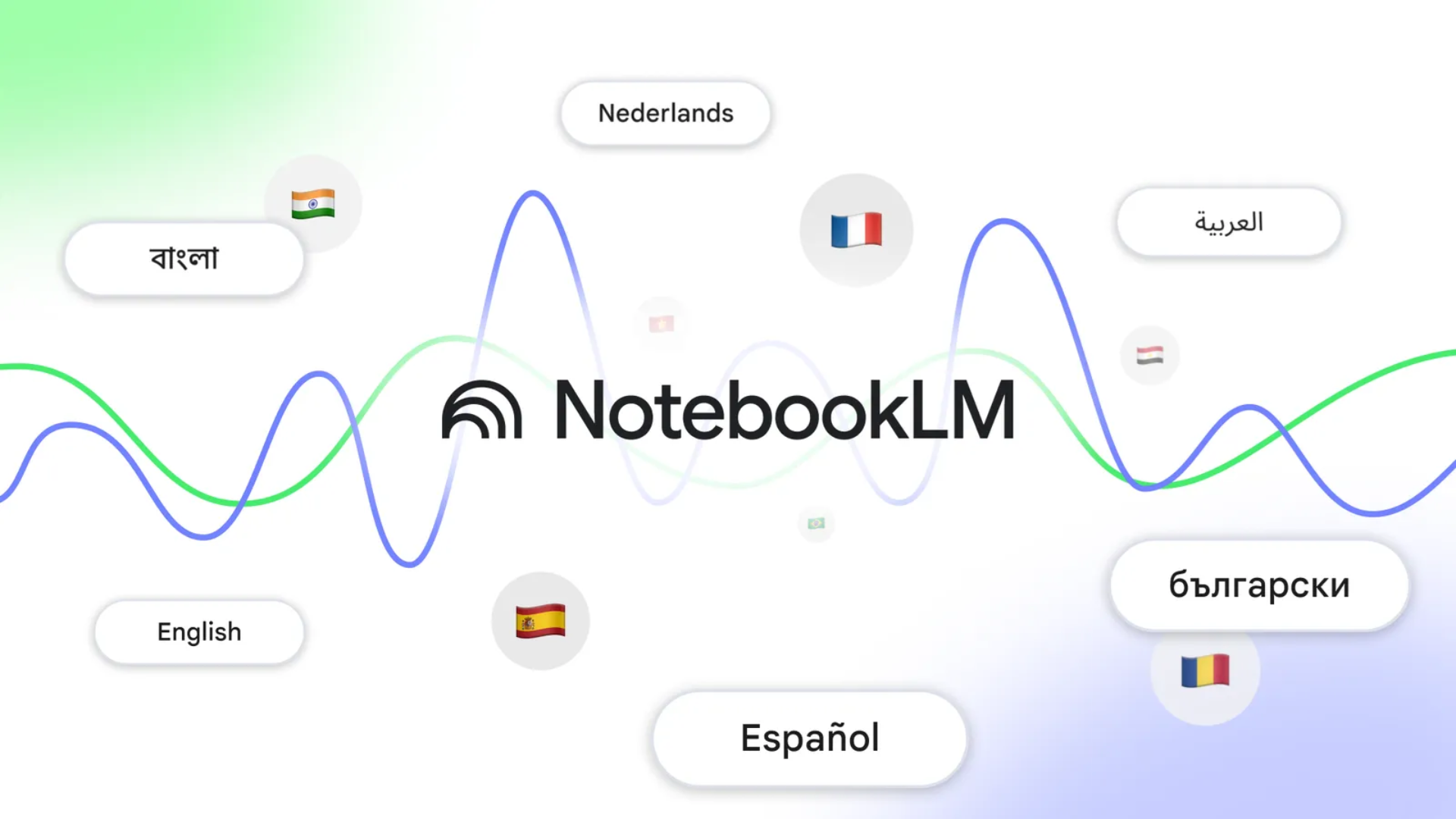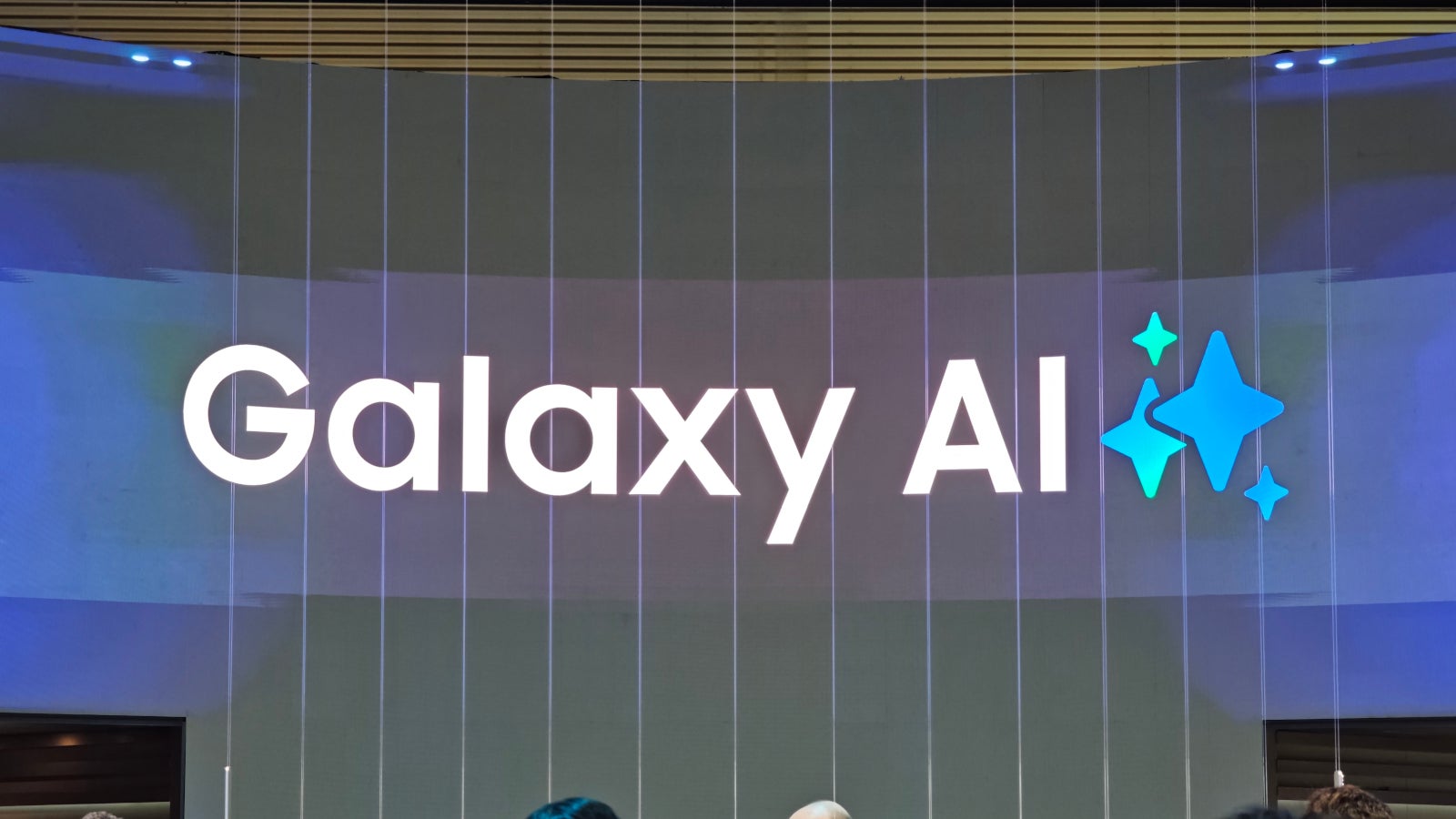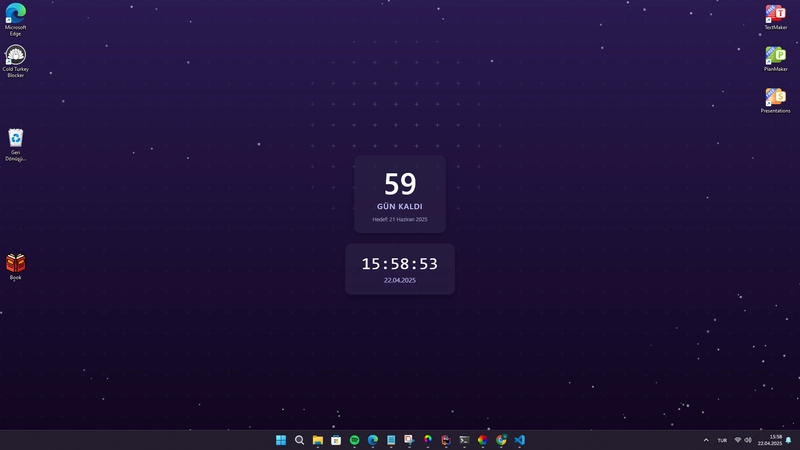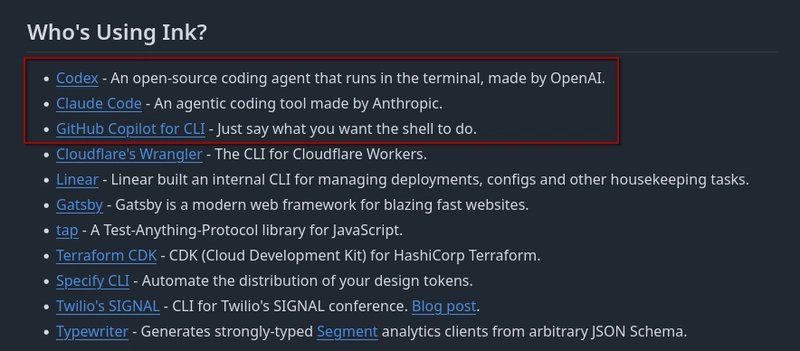Why I Chose RHEL 9 to Deepen My Cloud Engineering Skills
"Discover why I chose RHEL 9 to elevate my cloud engineering capabilities, gaining enterprise-grade Linux expertise that translates directly to high-stakes production environments." When I reached that inflection point in my cloud engineering career, that moment when you realize your current skills need deepening. I faced a decision that would significantly impact my professional trajectory. I needed to move beyond surface level Linux skills and develop true operational mastery that would translate directly to high-stakes enterprise environments. After weighing the options, I committed to Red Hat Enterprise Linux 9 as my platform of choice. Now, I can confidently say it was one of the smartest technical investments I've made. Index The Reality of Cloud Engineering in 2025 Why RHEL 9? The Practical Impact on My Technical Repertoire The Unexpected Career Benefits Looking Forward The Reality of Cloud Engineering in 2025 Let's be honest: In today's enterprise cloud environments, Linux isn't just another tool in the toolkit, it's the foundation everything else is built upon. When your 3AM incident involves troubleshooting a Kubernetes networking issue across a fleet of mission critical containers, that's when the depth of your Linux expertise becomes painfully obvious. The engineer who can navigate system internals, interpret logs effectively, and understand the interplay between the operating system and cloud services becomes invaluable during those high-pressure moments. Why RHEL 9? Colleagues often ask why I chose RHEL9, why not other distribution with a supposedly gentler learning curve. My answer is straightforward: I'm not optimizing for comfort, I'm optimizing for career growth and real-world applicability. RHEL dominates enterprise environments for good reasons: Enterprise Architecture Alignment: Financial services, healthcare organizations, and government agencies run their most critical workloads on RHEL. By mastering it, I'm aligning my skillset with environments where technical excellence truly matters. Security Posture by Default: Working with SELinux and RHEL's security stack has completely transformed how I approach system hardening. What once seemed like administrative overhead now feels like essential architecture, because in production environments, it absolutely is. Operational Discipline: RHEL enforces practices that initially feel restrictive but ultimately make me a more methodical engineer. The documentation discipline, change management approaches and troubleshooting workflows translate directly to enterprise cloud operations. The Practical Impact on My Technical Repertoire Since diving into RHEL 9, specific areas of my technical skillset have sharpened considerably: Service Management Fundamentals: I've moved from simply looking up commands online to understanding how systemd actually manages services. This knowledge helps me better deploy and monitor applications, and I'm starting to appreciate how proper unit configuration can prevent common issues. File System Navigation: RHEL's structured approach to file system organization has improved my confidence in managing configuration files and understanding where system resources are located. I'm more comfortable working with the directory hierarchy than I was before. Security Configuration: Working with RHEL's security features has given me a better understanding of how to implement proper access controls. I'm learning to use firewalld effectively for basic network security and beginning to understand SELinux contexts rather than just disabling them when there's an issue. Improved Troubleshooting: RHEL's structured logging has been eye-opening. I'm getting better at using journalctl and understanding log messages, which helps me identify problems more systematically instead of just searching for error messages online. The Unexpected Career Benefits Beyond learning the technical basics, my experience with RHEL 9 has already started to benefit my professional development in ways I didn't anticipate: During team discussions, I can now contribute more meaningfully when Linux-related topics come up, asking better questions and understanding the context behind certain decisions. When following along with infrastructure changes, I have a clearer picture of how configurations might affect applications, helping me better anticipate potential adjustments that is needed to make. During troubleshooting sessions, I'm more comfortable looking at system logs and basic diagnostics rather than immediately escalating issues, which has helped me resolve several minor problems independently. Looking Forward As cloud architectures continue evolving toward containerization and serverless paradigms, many engineers mistakenly believe deep OS knowledge is becoming less relevant. My experience suggests the opposite those with true system-level expertise

"Discover why I chose RHEL 9 to elevate my cloud engineering capabilities, gaining enterprise-grade Linux expertise that translates directly to high-stakes production environments."
When I reached that inflection point in my cloud engineering career, that moment when you realize your current skills need deepening. I faced a decision that would significantly impact my professional trajectory. I needed to move beyond surface level Linux skills and develop true operational mastery that would translate directly to high-stakes enterprise environments.
After weighing the options, I committed to Red Hat Enterprise Linux 9 as my platform of choice. Now, I can confidently say it was one of the smartest technical investments I've made.
Index
- The Reality of Cloud Engineering in 2025
- Why RHEL 9?
- The Practical Impact on My Technical Repertoire
- The Unexpected Career Benefits
- Looking Forward
The Reality of Cloud Engineering in 2025
Let's be honest: In today's enterprise cloud environments, Linux isn't just another tool in the toolkit, it's the foundation everything else is built upon. When your 3AM incident involves troubleshooting a Kubernetes networking issue across a fleet of mission critical containers, that's when the depth of your Linux expertise becomes painfully obvious.
The engineer who can navigate system internals, interpret logs effectively, and understand the interplay between the operating system and cloud services becomes invaluable during those high-pressure moments.
Why RHEL 9?
Colleagues often ask why I chose RHEL9, why not other distribution with a supposedly gentler learning curve. My answer is straightforward: I'm not optimizing for comfort, I'm optimizing for career growth and real-world applicability.
RHEL dominates enterprise environments for good reasons:
- Enterprise Architecture Alignment: Financial services, healthcare organizations, and government agencies run their most critical workloads on RHEL. By mastering it, I'm aligning my skillset with environments where technical excellence truly matters.
- Security Posture by Default: Working with SELinux and RHEL's security stack has completely transformed how I approach system hardening. What once seemed like administrative overhead now feels like essential architecture, because in production environments, it absolutely is.
- Operational Discipline: RHEL enforces practices that initially feel restrictive but ultimately make me a more methodical engineer. The documentation discipline, change management approaches and troubleshooting workflows translate directly to enterprise cloud operations.
The Practical Impact on My Technical Repertoire
Since diving into RHEL 9, specific areas of my technical skillset have sharpened considerably:
-
Service Management Fundamentals: I've moved from simply looking up commands online to understanding how
systemdactually manages services. This knowledge helps me better deploy and monitor applications, and I'm starting to appreciate how proper unit configuration can prevent common issues. - File System Navigation: RHEL's structured approach to file system organization has improved my confidence in managing configuration files and understanding where system resources are located. I'm more comfortable working with the directory hierarchy than I was before.
-
Security Configuration: Working with RHEL's security features has given me a better understanding of how to implement proper access controls. I'm learning to use
firewalldeffectively for basic network security and beginning to understandSELinuxcontexts rather than just disabling them when there's an issue. -
Improved Troubleshooting: RHEL's structured logging has been eye-opening. I'm getting better at using
journalctland understanding log messages, which helps me identify problems more systematically instead of just searching for error messages online.
The Unexpected Career Benefits
Beyond learning the technical basics, my experience with RHEL 9 has already started to benefit my professional development in ways I didn't anticipate:
- During team discussions, I can now contribute more meaningfully when Linux-related topics come up, asking better questions and understanding the context behind certain decisions.
- When following along with infrastructure changes, I have a clearer picture of how configurations might affect applications, helping me better anticipate potential adjustments that is needed to make.
- During troubleshooting sessions, I'm more comfortable looking at system logs and basic diagnostics rather than immediately escalating issues, which has helped me resolve several minor problems independently.
Looking Forward
As cloud architectures continue evolving toward containerization and serverless paradigms, many engineers mistakenly believe deep OS knowledge is becoming less relevant. My experience suggests the opposite those with true system-level expertise are increasingly valuable because they can bridge the gap between abstracted services and the platforms that power them.
RHEL 9 hasn't just been a learning environment for me, it has become a competitive advantage in my cloud engineering practice. The investment in mastering an enterprise-grade OS has yielded returns across every aspect of my technical work.
If you're navigating similar territories in your cloud engineering journey, I'd be interested in comparing notes. The path to technical excellence is rarely straightforward, but it's always worthwhile. You can reach me on LinkedIn
#CloudEngineering #RHEL9 #EnterpriseLinux #TechCareerGrowth#30DaysLinuxChallenge #CloudWhistler #RedHat #Cloudsecurity #DevOps #Linux #OpenSource #CloudComputing #Womenwhobuild #RedHatEnterpriseLinux #ACLpermissions #EnterpriseIT #Ansible #OpenShift #SysAdmin #Automation #CloudEngineer




































































































































































![[The AI Show Episode 145]: OpenAI Releases o3 and o4-mini, AI Is Causing “Quiet Layoffs,” Executive Order on Youth AI Education & GPT-4o’s Controversial Update](https://www.marketingaiinstitute.com/hubfs/ep%20145%20cover.png)













































































































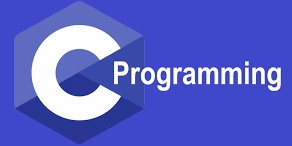


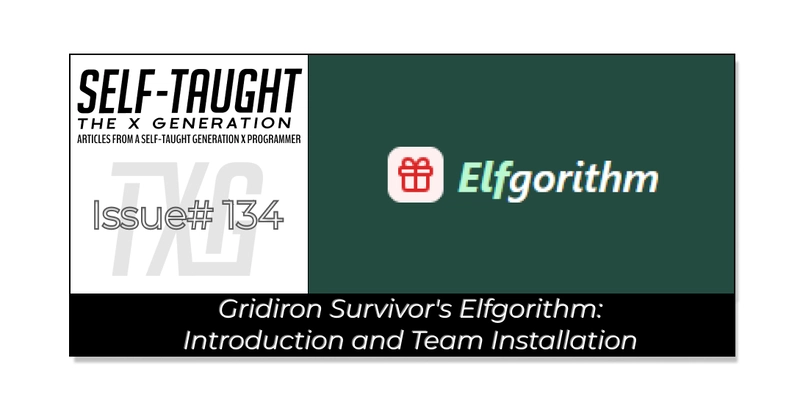



























































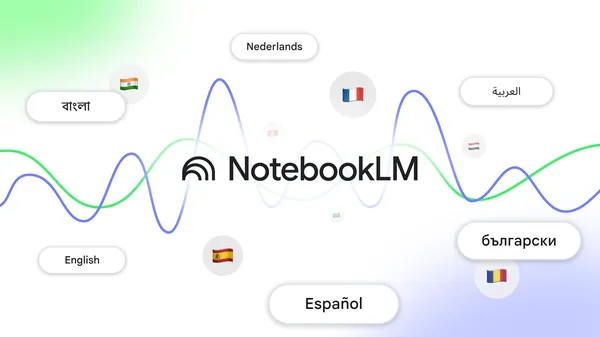




























































































_NicoElNino_Alamy.jpg?width=1280&auto=webp&quality=80&disable=upscale#)













































































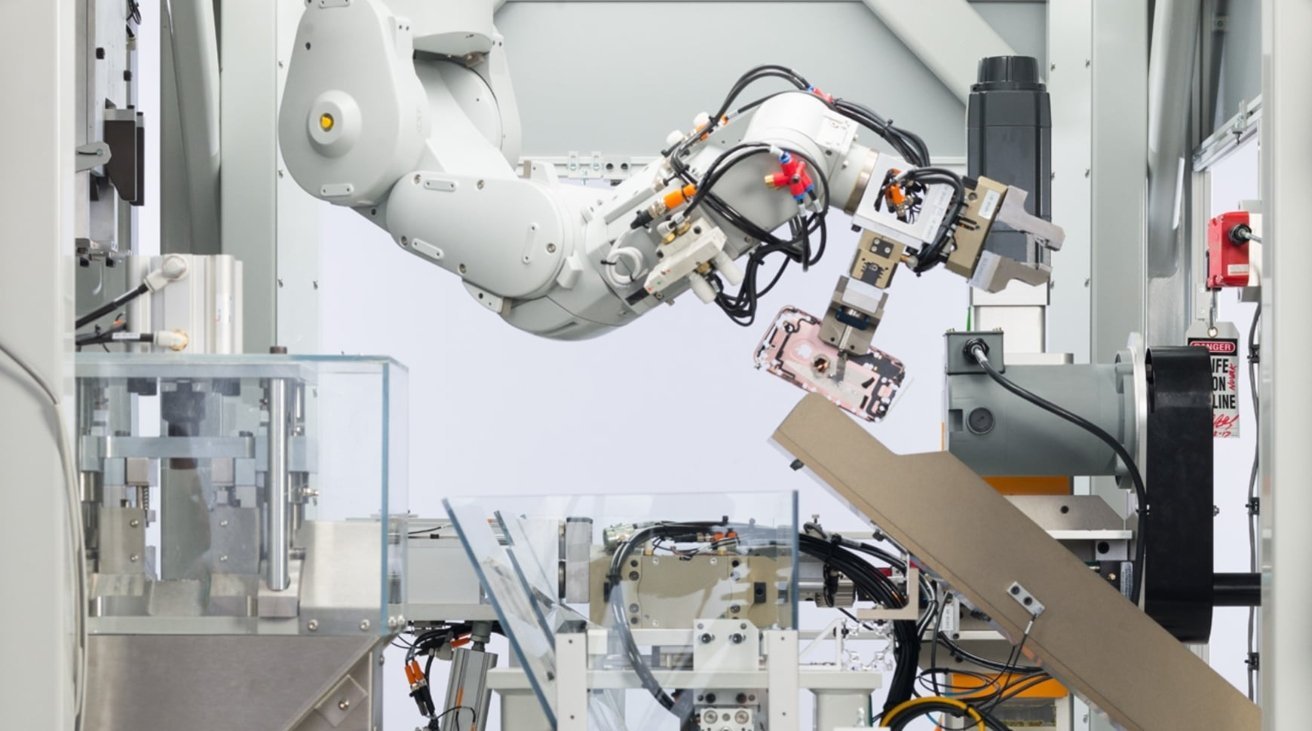
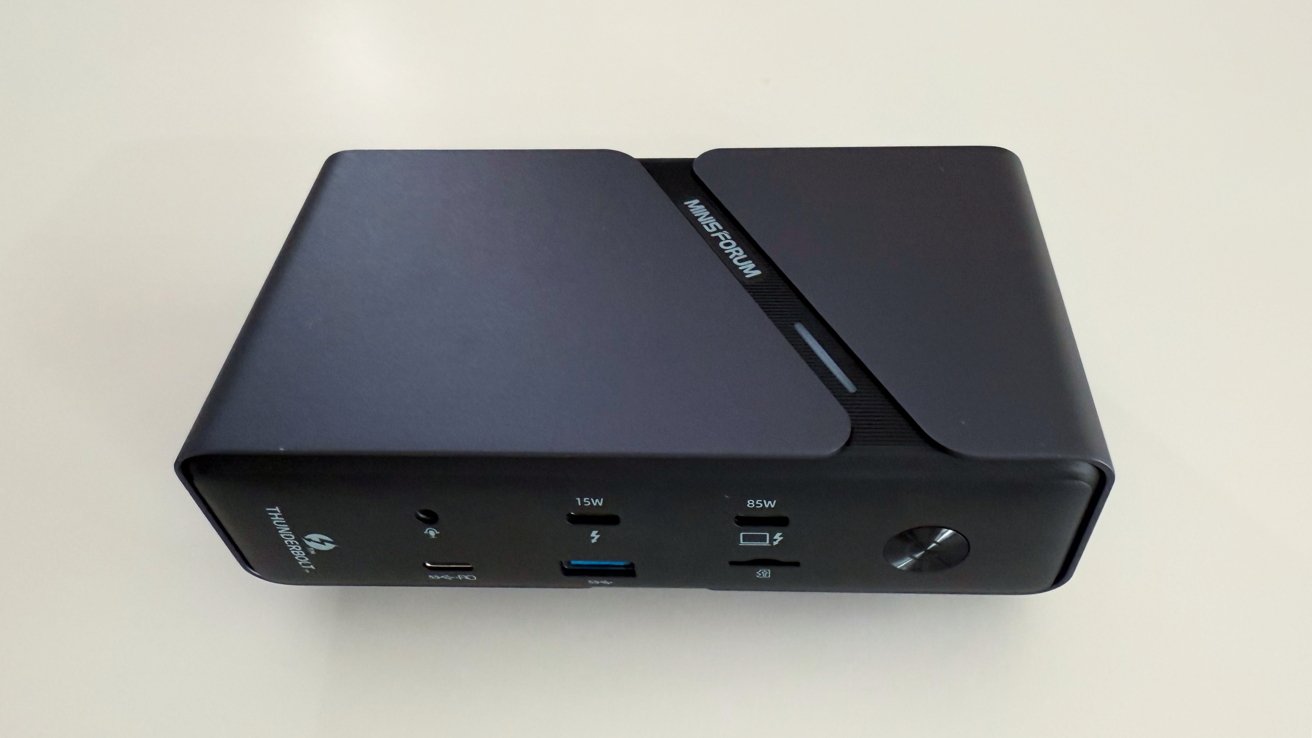

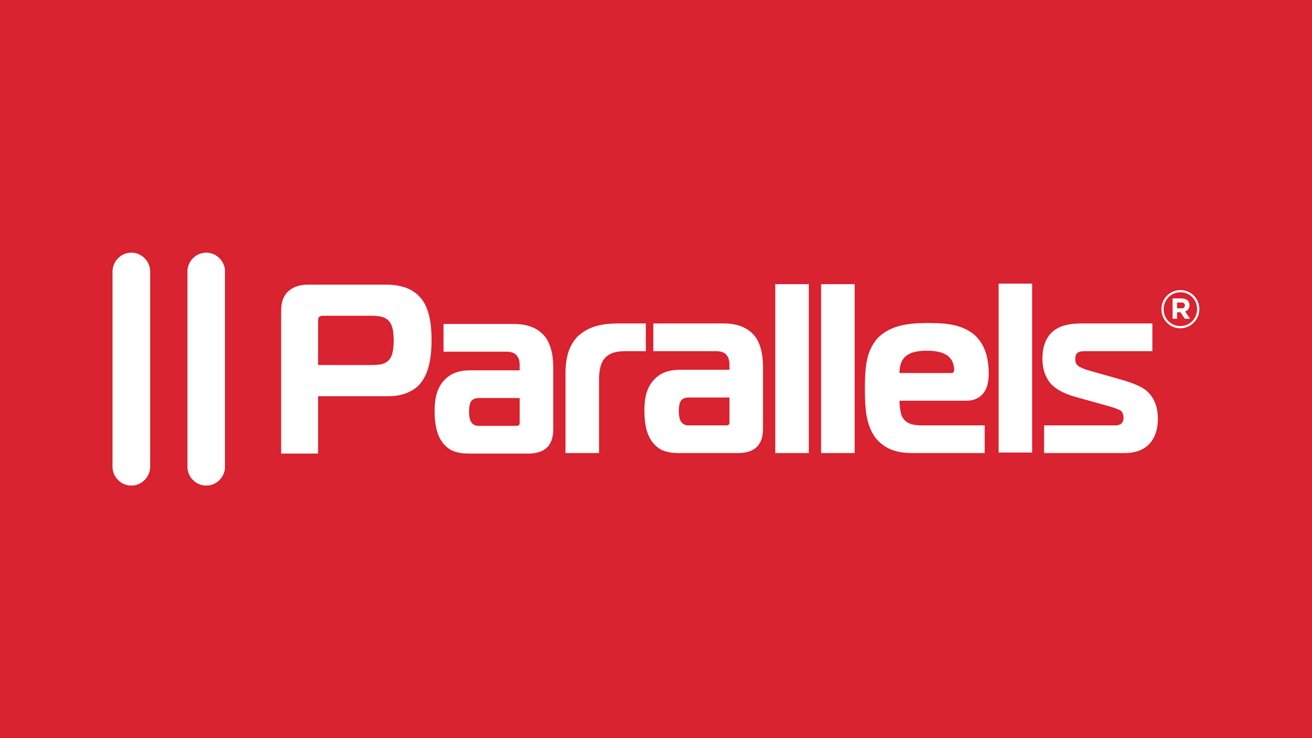



























![Standalone Meta AI App Released for iPhone [Download]](https://www.iclarified.com/images/news/97157/97157/97157-640.jpg)















